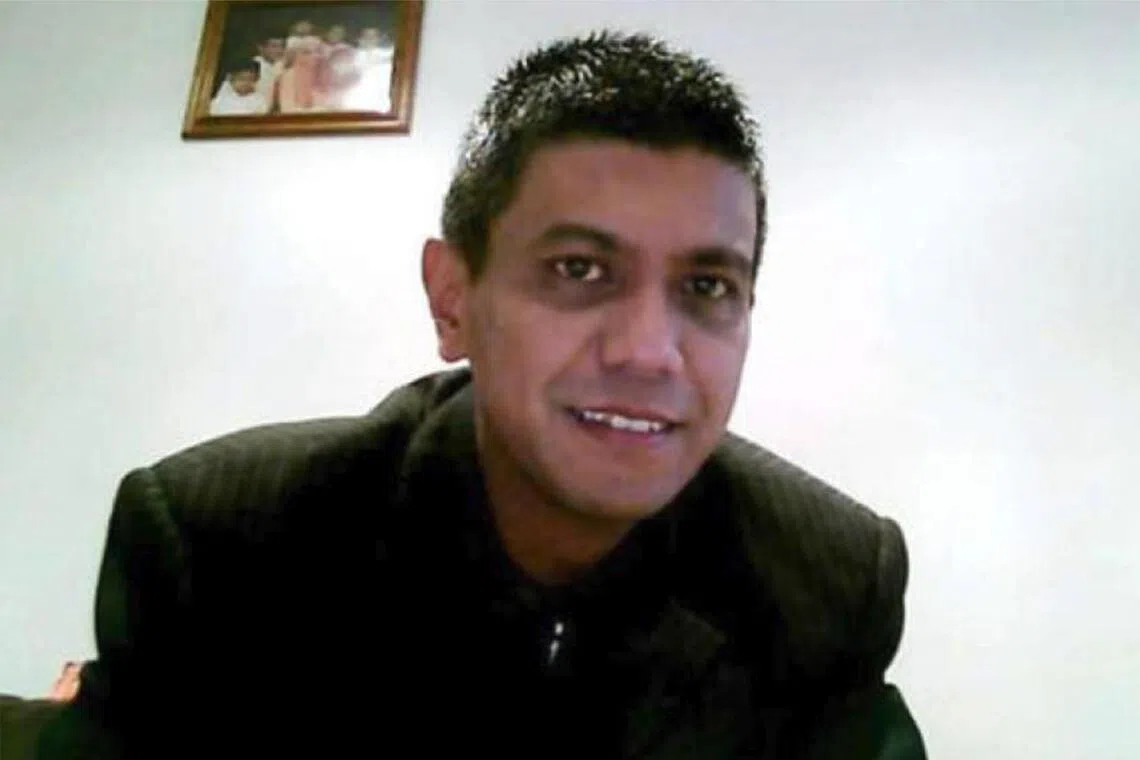SINGAPORE – The police have issued an Account Restriction Direction to TikTok and a Disabling Direction to Meta to deal with social media posts by former Singaporean Zulfikar Mohamad Shariff.
The 54-year-old Australian has been making social media posts inciting hatred between different racial and religious groups in Singapore.
In 2016, Zulfikar was
detained under the Internal Security Act
for promoting terrorism and online glorification of the terrorist group, ISIS.
His recent posts include one made on June 19 on TikTok, where he falsely claimed that Malay Muslims were forced to move away from Islam and assimilate into the Chinese community in Singapore.
Similarly, a video posted on Facebook on July 18 claimed the Chinese in Singapore were colonial settlers, not migrants, and that Singapore’s ideology had insulted, degraded and oppressed Malays.
The directions under the Online Criminal Harms Act (OCHA) would see the TikTok account and Facebook page disabled.
The directions were not issued to X, formerly known as Twitter, where Zulfikar continues to make similar claims.
Responding to queries from The Straits Times regarding this, a Ministry of Home Affairs (MHA) spokesman said the police are investigating the content on Zulfikar’s other social media accounts and pages, and will consider issuing directions against them where necessary.
Checks by ST found Zulfikar has been making such posts from Australia, where he resettled with his family in 2002 and had held dual citizenship for Singapore and Australia.
He had received state grants and unemployment benefits from the Australian government.
He renounced his Singapore citizenship in August 2020.
Zulfikar once ran several businesses in Singapore, including those dealing in software development and in the food and beverage industry.
He had also run Sinews Radio, a radio and broadcasting company, from 2001 to 2004.
He had called on Muslims to reject the constitutional, secular, democratic state in favour of an Islamic state governed by Syariah law, believing that violence should be used to achieve this goal if necessary.
He caused at least two Singaporeans to become radicalised, said MHA.
MHA said on Nov 26 that members of the public have been providing feedback that Zulfikar’s posts threaten racial and religious harmony in Singapore, and several police reports were made.
It said: “Zulfikar, a foreigner, has repeatedly continued to stir up discontent within the local Malay/Muslim community against the Chinese community in Singapore. He has incited feelings of enmity, hatred, ill-will and hostility against, contempt for and ridicule of different racial and religious groups in Singapore.”
MHA’s assessment with the police is that Zulfikar’s online content is an offence under the Maintenance of Religious Harmony Act as they incite hatred and ill-will.
The police are investigating.
MHA said: “The Singapore Government takes a very serious view of threats to our racial and religious disharmony, including from foreigners, and will not hesitate to act against them.”
Zulfikar had also tried to
interfere in the recent 2025 General Election
, making posts on Facebook under the username Zai Nal.
He had accused several Malay-Muslim MPs of failing to represent the interests of the Muslim community, and argued that the local Muslim community did not need another Malay MP who did not reflect their concerns.
On April 24, he had posted about the tudung issue, referring to how, in 2021, the Government lifted restrictions on the headgear for Muslim staff in healthcare settings.
Zulfikar claimed that Malay-Muslim MPs had been silent on the matter and had not pushed for change.
Meta had been directed by the Infocomm Media Development Authority to block the relevant posts on Facebook for attempting to interfere in the election.
OCHA came into force in February 2024, allowing the Government to issue directions and orders to restrict and limit the exposure of Singapore users to criminal activities on online platforms.
The first implementation directive issued to an online service provider in Singapore under OCHA was in September.
Meta was directed to implement measures
to target scam advertisements, accounts, profiles, and business pages impersonating key government office holders on Facebook.
On Nov 24, similar directives were
issued to Apple and Google
, to prevent the spoofing of Singapore Government agencies via iMessage and personal Rich Communication Services messaging on Google Messages.
Non-compliance can lead to a fine of up to $1 million.

